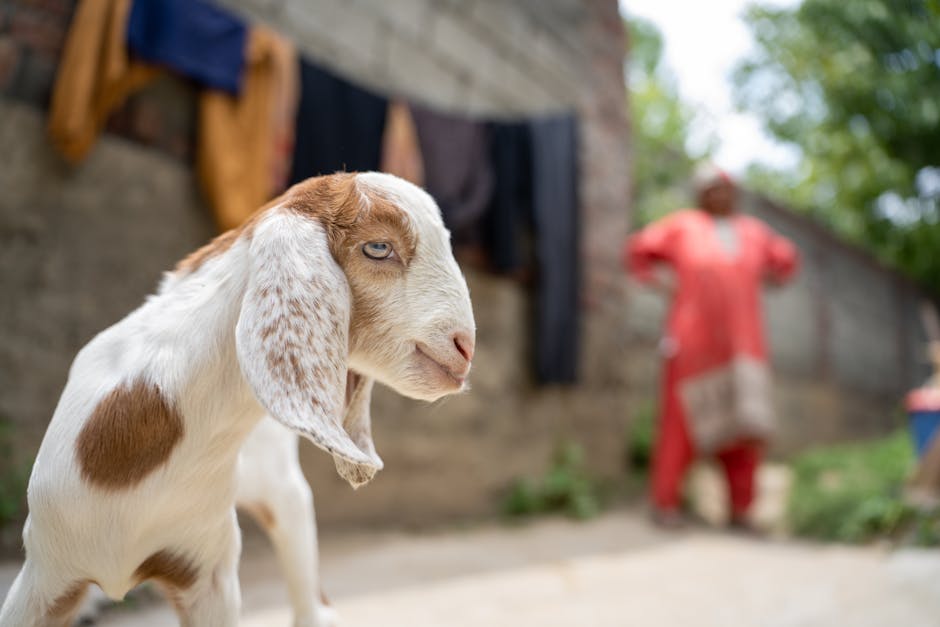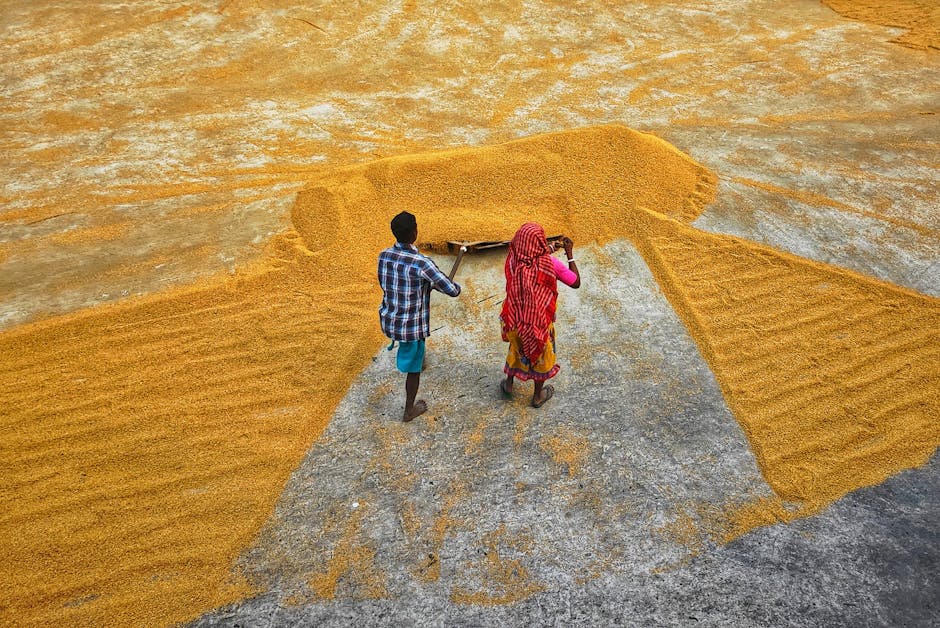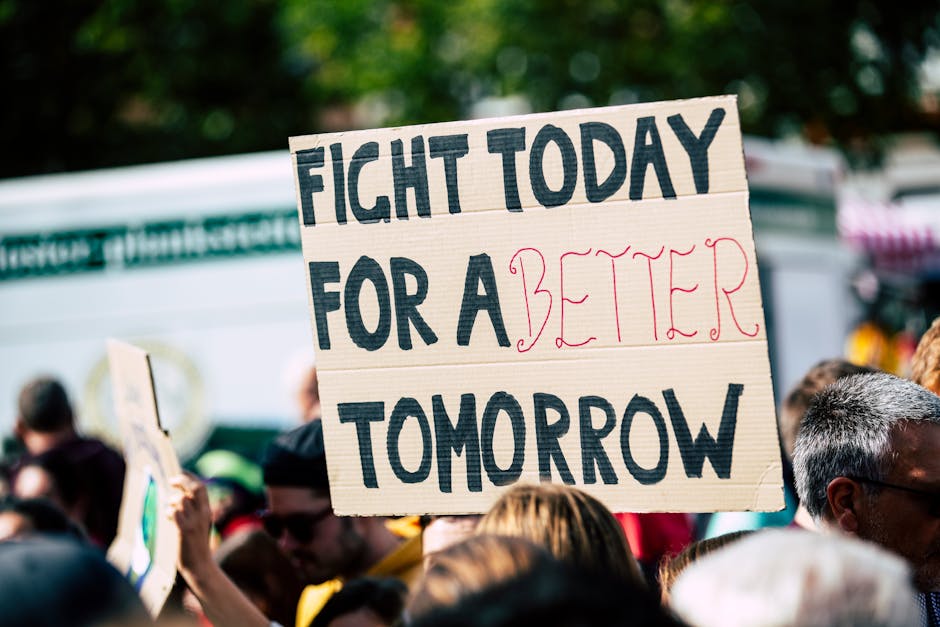India’s Fiery Response to Pakistan at the UN
In a blistering response to Pakistan’s repeated attempts to internationalize the Kashmir issue, India has delivered a scathing rebuttal at the United Nations, accusing Islamabad of promoting terrorism and, shockingly, of “sanctioned rape of 400,000 women” in its own territory. The sharp exchange occurred during a session of the UN General Assembly, where Pakistan once again raised the issue of Jammu and Kashmir, only to be met with a fiery counter from India that left the global community stunned.
Ambassador Kamboj’s Strong Words
India’s Permanent Representative to the UN, Ambassador Ruchira Kamboj, did not mince words as she dismantled Pakistan’s claims. “While Pakistan continues to peddle falsehoods about Kashmir, it conveniently ignores the atrocities committed within its own borders,” she said. “The systematic and sanctioned rape of 400,000 women in Pakistan-occupied Kashmir (PoK) is a testament to the abysmal human rights record of the Pakistani state.”
The accusation refers to long-standing allegations of widespread sexual violence and human rights abuses in PoK, which have been documented by various international human rights organizations. These reports allege that Pakistani security forces and local authorities have been complicit in the abuse of women in the region, often using rape as a weapon of control and suppression.
Pakistan’s Terrorism and Hypocrisy Exposed
Ambassador Kamboj further highlighted Pakistan’s history of harboring and supporting terrorist organizations, which have not only destabilized the region but also caused immense suffering to the people of Kashmir. “Pakistan’s obsession with Kashmir is not driven by any concern for human rights but by its desire to use terrorism as a tool of state policy,” she asserted. “The world must not be misled by Pakistan’s crocodile tears.”
The Indian delegation also pointed out the stark contrast between the development and progress in Jammu and Kashmir, which is part of India, and the dire situation in PoK. “While Jammu and Kashmir is witnessing unprecedented development, peace, and prosperity under India’s leadership, PoK remains a hub of violence, poverty, and oppression,” Kamboj stated.
Pakistan’s Growing International Scrutiny
Pakistan’s attempt to raise the Kashmir issue at the UN comes amid growing international scrutiny of its internal affairs. The country has been under pressure for its failure to curb terrorism and its deteriorating economic and political situation. India’s strong rebuttal has further exposed Pakistan’s hypocrisy and its attempts to divert attention from its own failures.
India’s Commitment to Kashmir
The Indian government has consistently maintained that Jammu and Kashmir is an integral part of India and that any discussion on the matter is strictly internal. The abrogation of Article 370 in August 2019, which granted special status to Jammu and Kashmir, was hailed as a historic step towards integrating the region more closely with the rest of India. Since then, the government has focused on fostering development, ensuring security, and empowering the people of the region.
In contrast, the situation in PoK remains grim, with reports of widespread human rights violations, lack of basic amenities, and suppression of dissent. India’s strong stance at the UN has once again brought these issues to the forefront, challenging Pakistan to address its own internal problems before lecturing others.
A Message to the International Community
The exchange at the UN underscores the deep-rooted tensions between India and Pakistan, which have been locked in a decades-long dispute over Kashmir. While Pakistan continues to seek international intervention, India has made it clear that the issue can only be resolved bilaterally, without external interference.
As the world watches, India’s forceful response has not only exposed Pakistan’s double standards but also reaffirmed its commitment to safeguarding the rights and dignity of the people of Jammu and Kashmir. The “sanctioned rape of 400,000 women” remark has struck a chord globally, forcing the international community to take a closer look at Pakistan’s human rights record and its role in perpetuating violence and instability in the region.
In the end, India’s message is clear: Pakistan must clean up its own house before pointing fingers at others. The people of Kashmir deserve peace, prosperity, and justice—and India is determined to ensure they get it.




